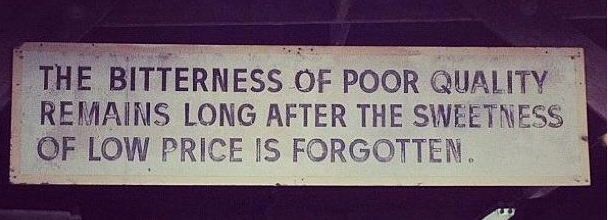I've been caught up with a lot of things lately, which didn't give me enough time post for a while now.
I was also on my annual pilgrimage vacation encompassing temple runs through coastal Karavali and Malnad regions. A 1000 kilometre drive is good for the car, and for me as well.
I was also on my annual pilgrimage vacation encompassing temple runs through coastal Karavali and Malnad regions. A 1000 kilometre drive is good for the car, and for me as well.
I must admit, the best time for photography at my grandma's house somewhere in the deep forests of Chickmagalur district is either on a rainy day, or on a really foggy and cold winter morning.
Nevertheless, there were still enough flowers to get the photographer excited in me.
Around this time, I heard of the massacre of Indian soldiers in Kashmir. As I was contemplating what our response should be, two statements made by the same person came into my mind.
"Victory attained by violence is tantamount to defeat, for it is momentary".
"If there is violence in our hearts, then it's better to be violent, than to cover impotence in the cloak of non violence."
"Victory attained by violence is tantamount to defeat, for it is momentary".
"If there is violence in our hearts, then it's better to be violent, than to cover impotence in the cloak of non violence."
I could see a lot of Facebook posts, Whatsapp posts around this for the past week or so.
I am sure that the powers that may be are planning a befitting reply to all this.
I am sure that the powers that may be are planning a befitting reply to all this.
I would certainly like to see an Operation Wrath of God kind of onslaught against the perpetrators of this attack. This was how the Israeli intelligence, under the leadership of Golda Meir and Moshe Dayan, responded to the 1972 killing of 11 Israeli athletes at the Munich Olympics.
They did kill, but in ways which created an eternal fear in their enemy.
They did kill, but in ways which created an eternal fear in their enemy.
As a country, we are far more diverse than any other country in the world - language, food, ethnicity, religion, traditions and so on. The British used all this, and the caste system to further divide us. And they also ensured that regions friendly to them benefited at the cost of others around them.
And over the last 70 years or so, the politicians have also exploited this to suit their need, or greed.
From my childhood days, I can think of Cauvery water and Belgaum disputes as two strong examples of this in Karnataka itself. They were created by the British, and nurtured by our politicians - I feel that they have manipulated the emotions in such a way that we spew hatred and venom on our own countrymen, while a practical and amicable solution is always a possibility.
Its always easy to put the blame on our politicians, but is there something that we could do on a day to day basis, at work?
I am talking primarily from an IT professional's perspective, but could be applicable for anyone else as well. Whenever we work with a new client, or new partner - there is immense amount of skepticism, pessimism on whether the teams from India can deliver. Right from day one, its a matter of playing catch up.
And when we investigate deeper, on why its like this, the answer is clear. Almost everyone who has worked in the past, has had a poor experience working with India.
Poor quality, lack of skills, commitment, communication, etc could be root cause - at any level, from a developer to the CEO. In one of our team dinner discussions, we guesstimated that at most 40% of the projects we take up across Indian IT is actually successful - and we were being quite generous.
I can recollect being part of a test fest at Bled, Slovenia for one our products in the late part of 2007. Though we represented a highly respected multinational company, we were always identified as Indians, and never as professionals from our company, and almost always in a condescending manner.
Every time we do a bad job at our work, the damage caused is beyond the team, the unit, the department or the company. Knowingly or unknowingly we sully our own country's name.
The real soldiers may be securing our borders, but we have to do our bit as well.




No comments:
Post a Comment